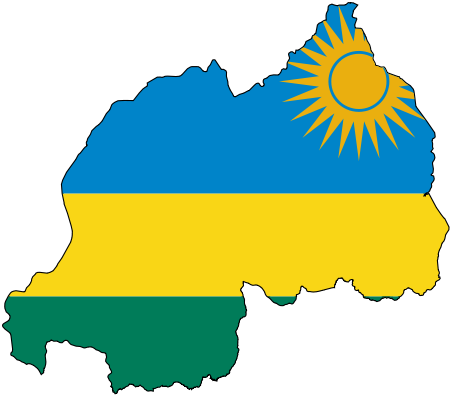Comprehensive Addiction and Recovery Act (CARA) Local Drug Crises Grants
The Drug-Free Communities (DFC) Support Program was created by the Drug-Free Communities Act of 1997 (Public Law 105-20).
The Executive Office of the President, Office of National Drug Control Policy (ONDCP), and the Department of Health and Human Services (HHS), Centers for Disease Control and Prevention (CDC), National Center for Injury Prevention and Control (NCIPC) are accepting applications for Fiscal Year (FY) 2021 Comprehensive Addiction and Recovery Act (CARA) Community-based Coalition Enhancement Grants to Address Local Drug Crises Grants (CARA Local Drug Crises Grants) as an enhancement to current or formerly funded Drug-Free Communities (DFC) Support Program recipients.
The purpose of this program is to prevent and reduce the abuse of opioids or methamphetamines and the abuse of prescription drugs among youth ages 12-18 in communities throughout the United States.
The Executive Office of the President, Office of National Drug Control Policy (ONDCP), and the Department of Health and Human Services (HHS), Centers for Disease Control and Prevention (CDC), National Center for Injury Prevention and Control (NCIPC) are accepting applications for Fiscal Year (FY) 2021 Comprehensive Addiction and Recovery Act (CARA) Community-based Coalition Enhancement Grants to Address Local Drug Crises Grants (CARA Local Drug Crises Grants) as an enhancement to current or formerly funded Drug-Free Communities (DFC) Support Program recipients.
The purpose of this program is to prevent and reduce the abuse of opioids or methamphetamines and the abuse of prescription drugs among youth ages 12-18 in communities throughout the United States.
Agency: Department of Health and Human Services
Office: Centers for Disease Control - NCIPC
Estimated Funding: $50,000
Office: Centers for Disease Control - NCIPC
Estimated Funding: $50,000
Obtain Full Opportunity Text:
https://grants.hrsa.gov/webExternal/SFO.asp?ID=D248678D-0519-4EE7-B2CD-565FD1BBAEDF
Additional Information of Eligibility:
Eligible applicants are community-based coalitions addressing opioid, methamphetamine, and/or prescription drug use/misuse by local youth.
They must be a nonprofit (as defined by the IRS as a 501(c) organization); or an entity that the Administrator determines to be appropriate; or part of, or is associated with an established legally recognized domestic, public or private nonprofits organization.
For example, state and local governments, federally recognized tribes, state-recognized tribes, urban Indian organizations (as defined in Pub.
L.
No.
94-437), public or private universities and colleges, professional associations, voluntary organizations, self-help groups, consumer and provider services-oriented constituency groups, community- and faith-based organizations, and tribal organizations.
(Pub.
L.
No.
114-198 Sec 103).
In addition, applicants must document rates of misuse of opioids or use of methamphetamines that are higher than the national average over a sustained period.
The statutory authority for this program (Section 103 of the Comprehensive Addiction and Recovery Act) limits eligibility to domestic public and private nonprofit entities that are current or former Drug-Free Communities (DFC) Support Program recipients.
The intent of the CARA Support Program is to fund coalition activities in the United States and does not authorize the funding of organizations or activities outside the United States.
A CARA legal applicant (an organization applying on behalf of a coalition, the coalition, or the applicant coalition) must reside within the United States and/or the U. S. territories.
Refer to Table 3 Statutory Eligibility Requirements: which contains, the minimum eligibility requirements, the evidence required, and where to document the requirement.
The table also specifies which attachment to use to provide the necessary evidence to document your compliance with the eligibility requirement.
All CARA applications will be jointly screened by ONDCP and CDC to determine whether an applicant meets all the CARA Support Program Statutory Eligibility Requirements identified in Table 3.
Applications submitted by eligible coalitions that demonstrate they meet all requirements will then be scored through a merit review process according to the evaluation criteria described in Section E.
Review and Selection Process of this NOFO.
Full Opportunity Web Address:
https://grants.hrsa.gov/webExternal/SFO.asp?ID=D248678D-0519-4EE7-B2CD-565FD1BBAEDF
Contact:
Agency Email Description:
DFC@cdc.gov
Agency Email:
Date Posted:
2021-02-01
Application Due Date:
Archive Date:
2011-05-17
Social Entrepreneurship
Spotlight
Rwanda as Social Entrepreneur Fund Beneficiary

The Republic of Rwanda has been picked as one of the six African countries as beneficiaries for a new fellowship fund program designed at supporting social entrepreneurs in tackling issues on food security.
